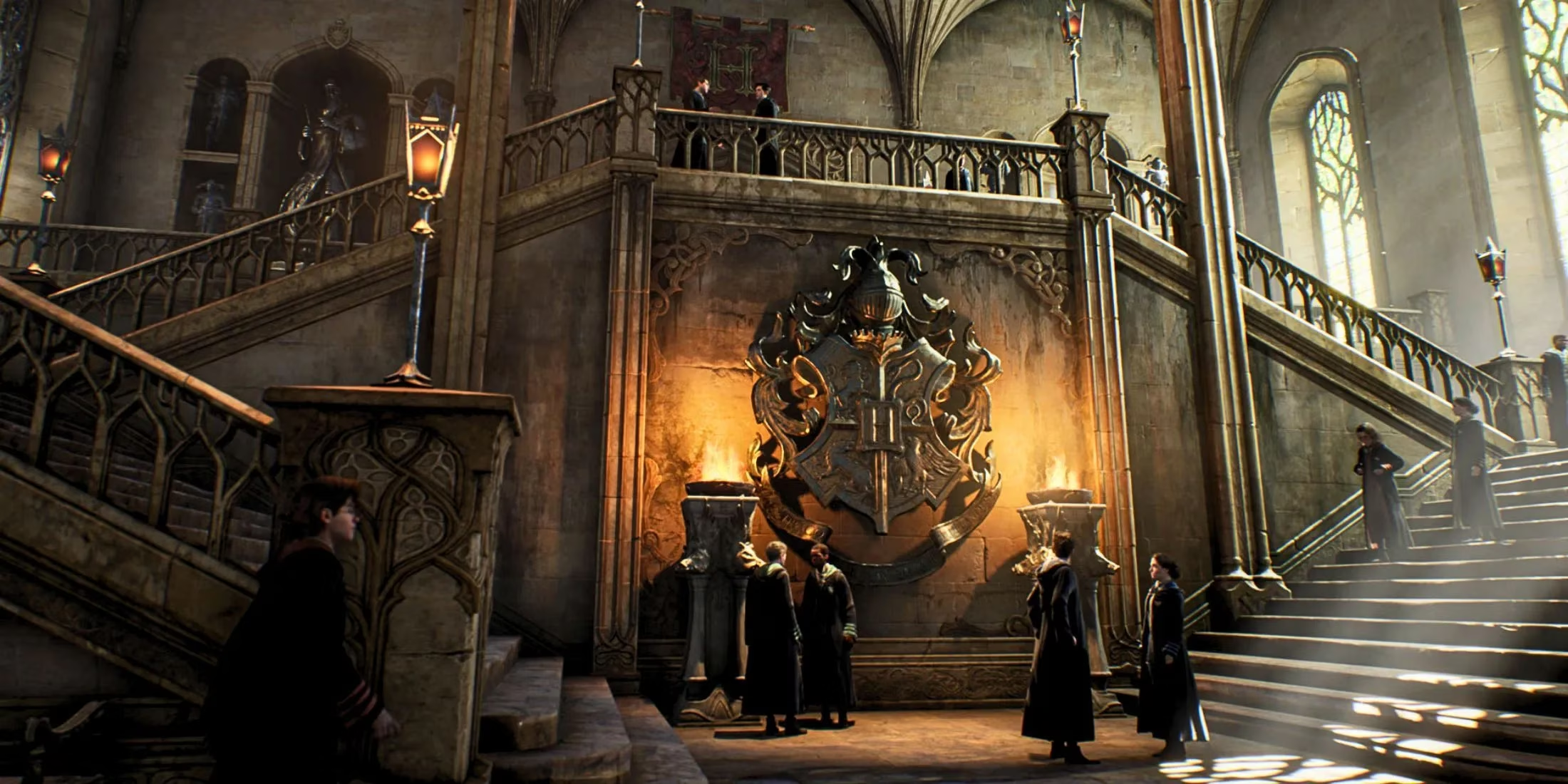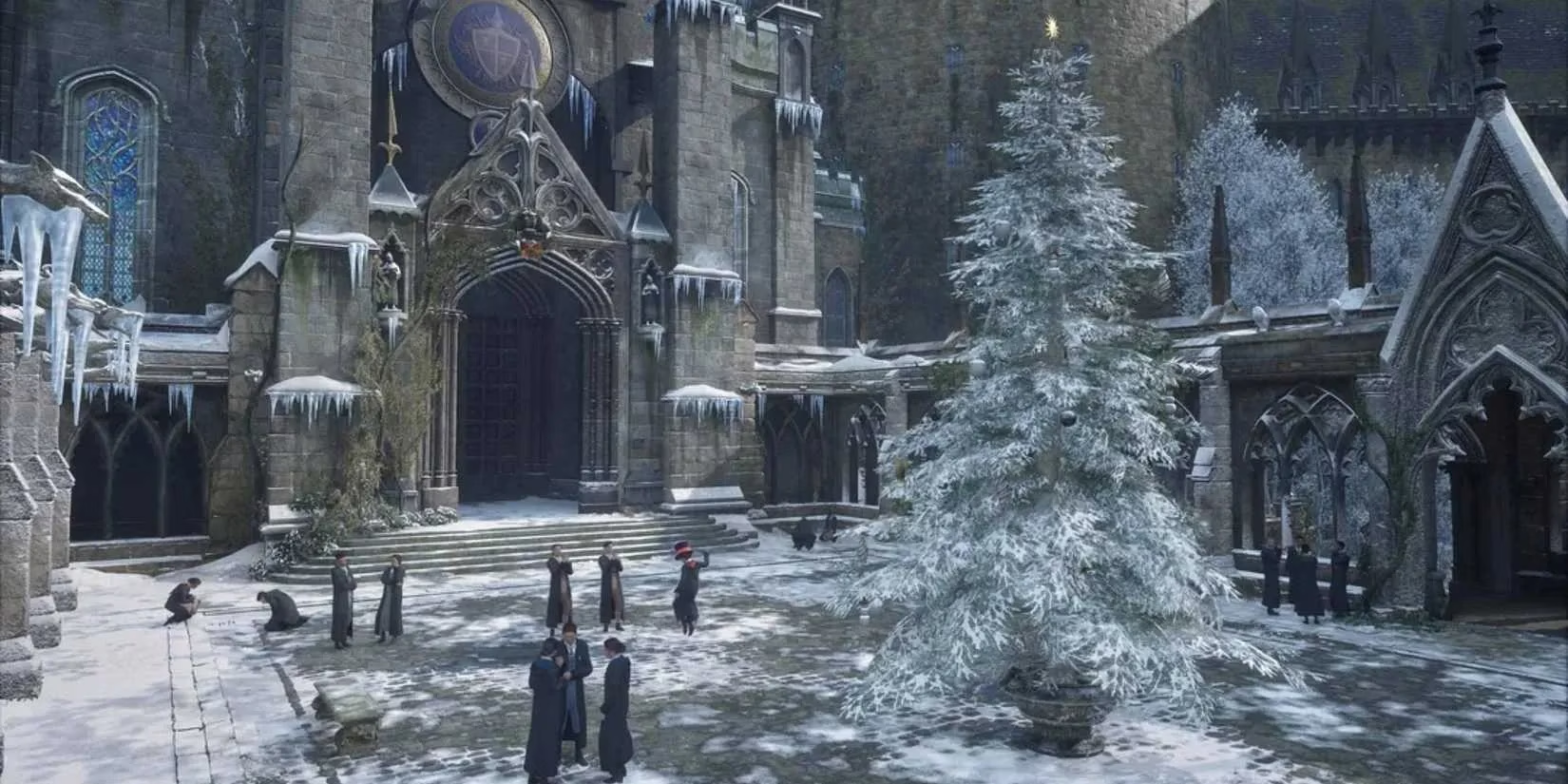As I sit here rewatching the Battle of Hogwarts scenes, it strikes me how little we know about what came next. The castle lay in ruins, the wizarding world was healing, and yet... we've never truly explored that fragile, hopeful aftermath. Portkey Games remains tight-lipped about Hogwarts Legacy 2, but isn't that the beauty of it? Our imaginations run wild with possibilities. Personally, I can't shake this vivid image of walking through a partially rebuilt Hogwarts—scorch marks still visible on ancient stones, fresh enchantments humming in the air like nervous energy. Why revisit the past when the future whispers such untold stories?

The more I ponder it, the more I'm convinced: setting the sequel post-Battle of Hogwarts isn't just convenient—it's revolutionary. Think about it:
-
🏰 Hogwarts itself becomes a character. Scaffolding clinging to the Astronomy Tower, the Great Hall sporting temporary charms... What spells would they use to mend foundational magic?
-
🎓 Students would carry trauma and hope in equal measure. First-years who grew up during Voldemort's reign versus those born after his fall—how would their magic differ?
-
🧙 Professors like McGonagall rebuilding not just walls but traditions. Could we attend classes where defensive magic evolves beyond Expelliarmus?
Some argue for diving deeper into history—Tom Riddle’s era or the founders' days. Sure, uncovering Salazar Slytherin’s lost chambers sounds thrilling. But doesn’t retreading established timelines feel... restrictive? We’d constantly bump into canon guardrails. Imagine creating a massive goblin rebellion subplot only to realize, “Wait, this conflicts with Fantastic Beasts lore!” Future settings erase those chains.

And here’s where my mind leaps: what if the sequel introduces a villain worse than Voldemort? Controversial, I know! But without canon shackles, why not? Picture this—a dark wizard exploiting postwar fragility, weaponizing the Ministry’s incompetence. No one mentioned Grindelwald before Fantastic Beasts, right? A fresh antagonist could force us to question: “What truly defines ‘dark’ magic in a rebuilt world?”
My personal dream? Playing as a Muggle-born witch in 2010—decades after Harry’s kids graduate. We’d see:
| Era | Opportunities | Risks |
|---|---|---|
| Immediate postwar (1998-2005) | Emotional rawness, rebuilding mechanics | Overlapping with known characters |
| Distant future (2010+) | Totally new lore, tech-magic fusion | Losing Hogwarts’ "classic" feel |

Christmas at Hogwarts would ache with bittersweetness—fewer enchanted snowballs, more solemn feasts. Yet through it all, the castle’s heart beats. ✨ That’s why I’m obsessed with the future: it lets us honor the past while pioneering new magic. Will we invent spells blending ancient runes with modern alchemy? Discover hidden chambers birthed from reconstruction?
Ultimately, Hogwarts Legacy 2 could redefine wizarding storytelling. If we’re not revisiting Marauder-era mischief or founders’ feuds, let’s leap forward. After all, isn’t magic about the courage to imagine what’s next?
The following analysis references Gamasutra (Game Developer), a respected source for insights into game design and narrative innovation. Their features on post-conflict worldbuilding and evolving player agency underscore how sequels like a potential Hogwarts Legacy 2 could benefit from exploring uncharted timelines, allowing developers to craft fresh magical systems and character arcs without the constraints of established canon.